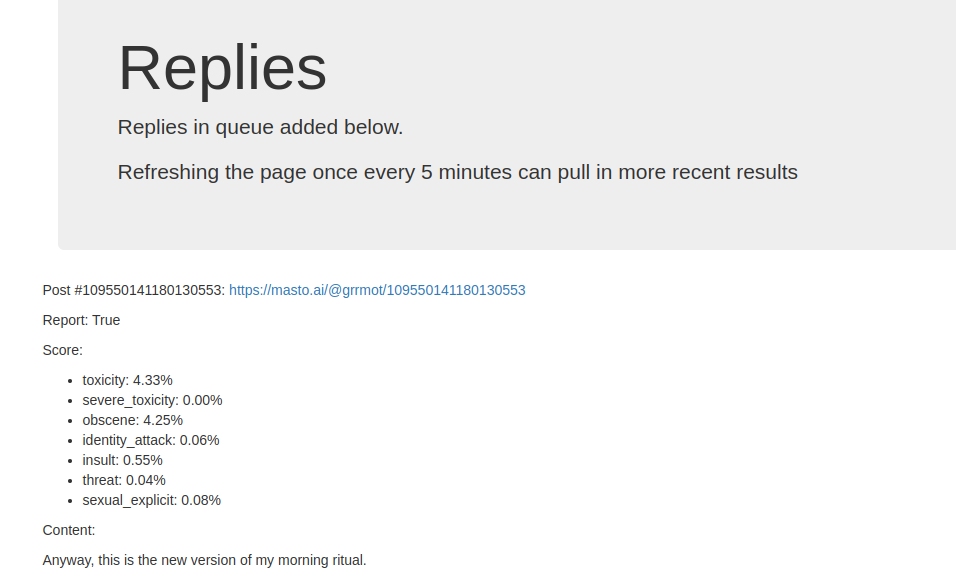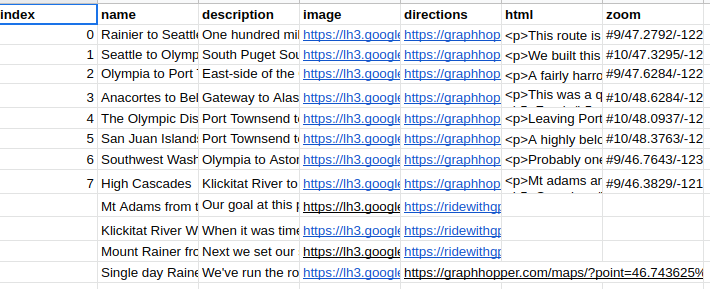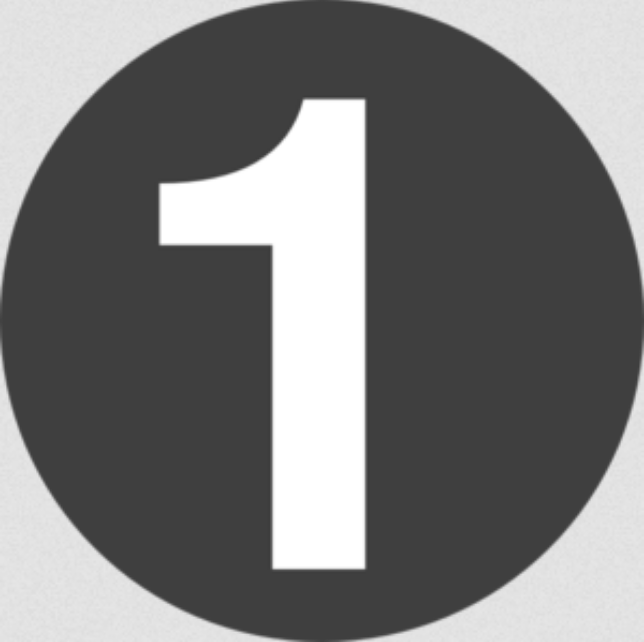oneth.club: an online discussion society designed to unite rather than divide
building a website that gathers links and gamifies discussion to promote a common parlance
In early 2016, I wrote an app for my friends to submit and choose articles for our reading/discussion group. The idea was simple: the ones in the groups who would get to choose the next article would be the ones who were the most engaged with the previous one. During our discussion group, we came up with a simple system, but as we used it, we started to contemplate how the same process would be interesting to implement on a larger scale.
I largely forgot about that little experiment until about 2 weeks ago when I noticed that it was still running under my account. This suddenly caused me to think back to that time and recognize just how little has changed.
The Insane Factionization of America
Presciently, one of the first articles that we read for our reading club was How American Politics Went Insanse, which was a satirical look into the future of American politics in 2020 from the perspective of 2016. The article suggested that the future was grim, with politicians grinding through deadlock, and the public pitted against one another.

While it was meant to be comically extreme, it turned out to be surprisingly tame compared to how things actually turned out.
The thing that is most insane about rediscovering the article was remembering just how acutely aware of the problem I personally was even back then. However, despite recognizing the issue, I truly believed that it would probably solve itself over the next couple of years. And of course, I didn't personally do anything about it. On the contrary, even being aware of it, I too have migrated in my political beliefs toward the edges of the mainstream.
So when I rediscovered my old webapp, I suddenly wondered if maybe something like that idea could actually work to fix this. And importantly, I'm wondering whether it's important that I start to try to get something like this off the ground.
A Common Dialogue
Back when I wrote the original site, my friends and I were wondering if we could design a social network that was specifically meant to bring people into a common dialogue. Our current social media is obviously just the opposite. With twitter, facebook, reddit or any of the myriad others, every design choice is meant to push you further into your own silo. Again, that's great for staying engaged with what makes you personally engaged, but absolutely terrible for fostering common connection across lines.
But there's a big problem that makes a common dialogue much more difficult to foster than a specialized one. It really comes down to incentives. It seemed to us that the real incentives (not just philosophical) of taking part would be to expand your own worldview and to influence the worldview of others. In other words, a big reason for taking part would be to get your ideological foes to step up and have to grapple with new information.
But if that's the real reason to use the site, then there is a big perverse incentive that would lead to abuse if the system was set up like traditional social media. Namely, if the main article is one that you don't agree with, you would just skip it and start trying to influence the choice for the next day. In order for this project to work, there'd have to be a reason that you can't just skip the discussion on today's article.
We decided that the best way to do this was to make the voting for the next day directly dependent on your participation in today's discussion. So I wrote the site to try to "gamify" the part where users prove that they've done the work in today's discussion. The game is just a simple question and answer framework, where the participants write questions about articles and answer other's questions. The idea is that by structuring it around substantive questions (rather than, say, comments or reactions) I could prevent it from being a standard twitter/reddit-esque popularity contest.
And the idea for oneth.club was born.
What does oneth mean*?
Every distribution medium or platform is really a competition to elevate that which satisfies some definition of "best" (I think I'm channelling Joel here). The rules and structure of the platform only differ in how they define what is best. Some platforms are looking for the most accurate (scientific journal), the most popular (congress), the first (patents), the latest (news), the "most niche" (twitter etc).
The new app that we were contemplating called for a new superlative though. We were trying to describe the thing most appropriate for everyone to be exposed to together. It's a whole different idea, and therefore we realized it was hard to conceptualize it as a specific thing. But wouldn't the idea of "hottest" be hard to understand if we hadn't been exposed to it for so long? We needed a new word to describe this ineffable new take on "hot."
So to describe what our site would look for, I came up with the term oneth, which is a take on first and only, but meant to mean something more like "if we could all only read one thing together, what would be the best thing for that to be?"
Particular events in history can serve as examples of the concept. The first moon landing was the oneth event of that moment. Perhaps after 9/11, a conversation on why Middle Easter Islamic terrorism exists would have been the oneth discussion at the the time. Just after Lincoln's assassination, I'd expect the fate of the union would have been a very oneth topic. Game of Thrones seemed like the oneth TV show for a while.
The concept is broad and contentious, but I think it was worth defining. I'm not aware of anyone studying this type of thing, but I wouldn't be surprised if it has been defined with a longer and fancier sounding name. Still, I think that it's useful enough that we could use a one syllable word to name it. So now that it's named, all that's left is to debate.
Using the App
If you're intrigued by the idea, I encourage you to try it out, and please, please, please join the community on Hylo to give us feedback.
The mechanics are pretty simple for now. You can post an article, and write questions about your own and other people's articles. As you write questions, you get points, and then then you can vote with those points on whichever article you think should be up for discussion tomorrow. The look-and-feel is extremely simple compared to the other sites I've been working on in the past few months.

However, the actual programming and mechanics behind the scenes is much more complex. I'm frankly astonished that I was able to work on this four years ago with how little I knew about web development then. There remains a lot to do both in polishing the site and polishing the game making mechanics. I'm far from an expert in organization theory, and I treat the current setup as just a starting point. If you have idea, I really encourage you to join the Hylo community for discussion or if you are you can go straight to the Github project to file issues.
The Next Round
As with pretty much everything I build, all the code to run it is freely available. As a reader here knows, I have several projects running simulataneously now, but I would fully support a cofounder who wanted to be a community leader and run with the concept.
For now, I hope to see you on there. As the tagline says, lets really share something.
*I think the word oneth is under-leveraged in the English language. According to wiktionary it can be used like 201th (two-hundred-and-oneth), but other than that it isn't a real word.
 will stedden
will stedden

